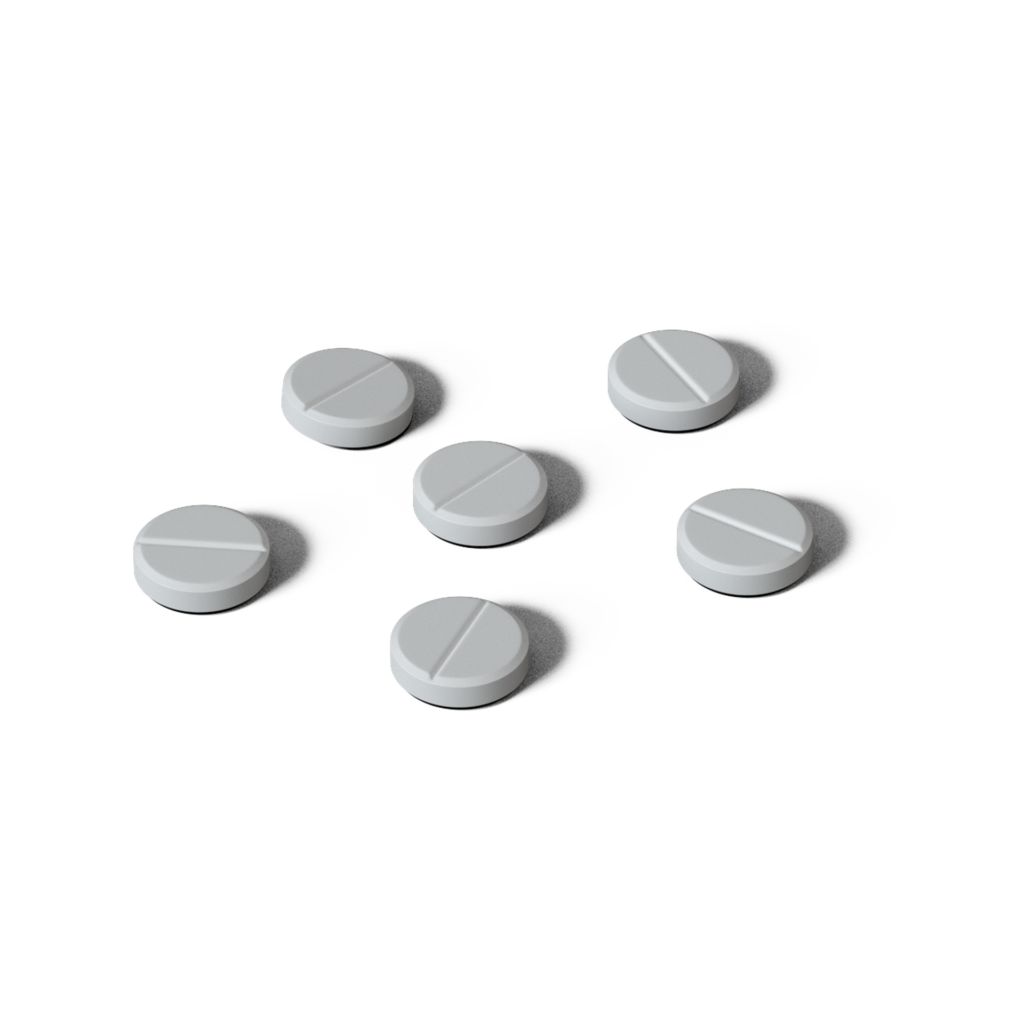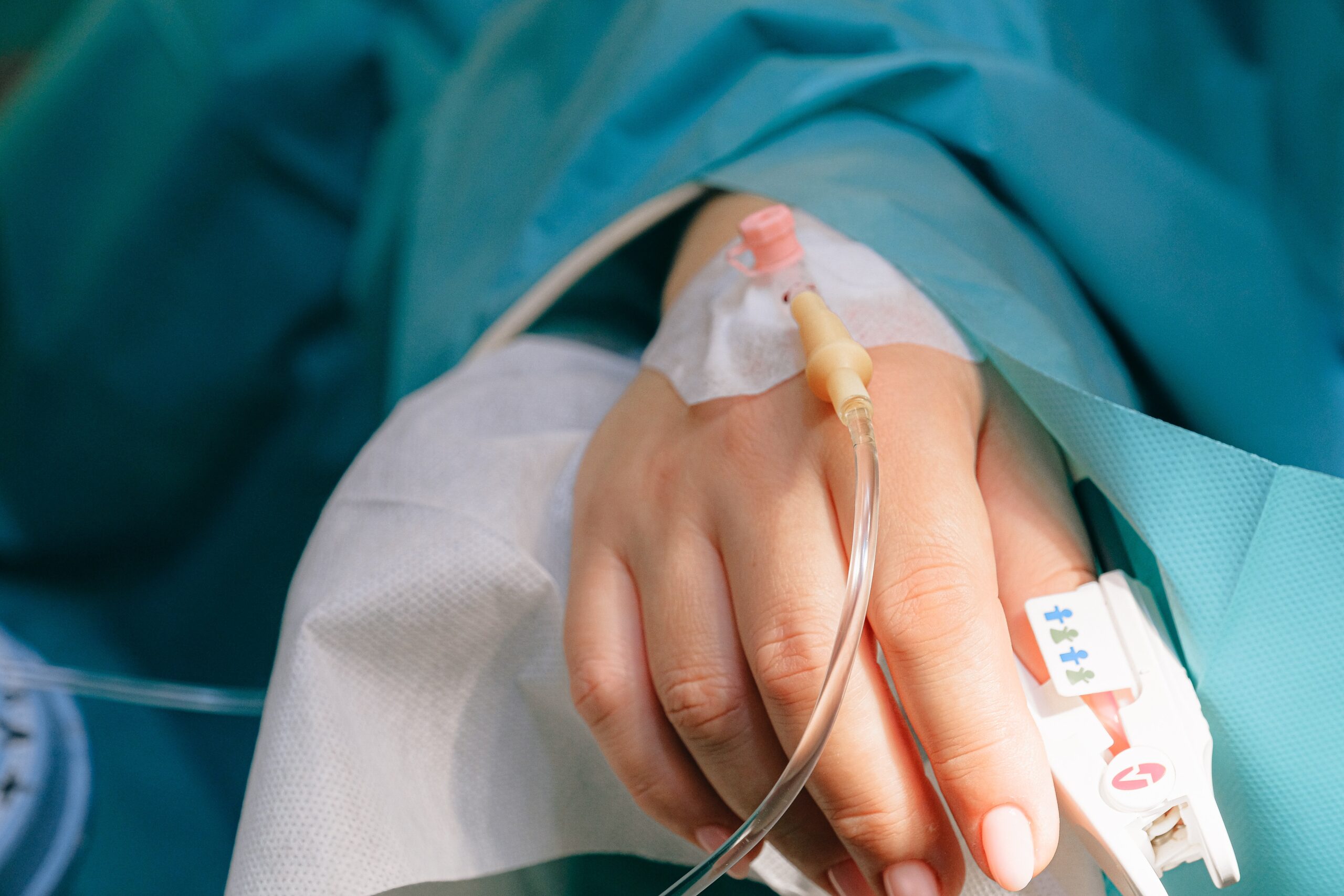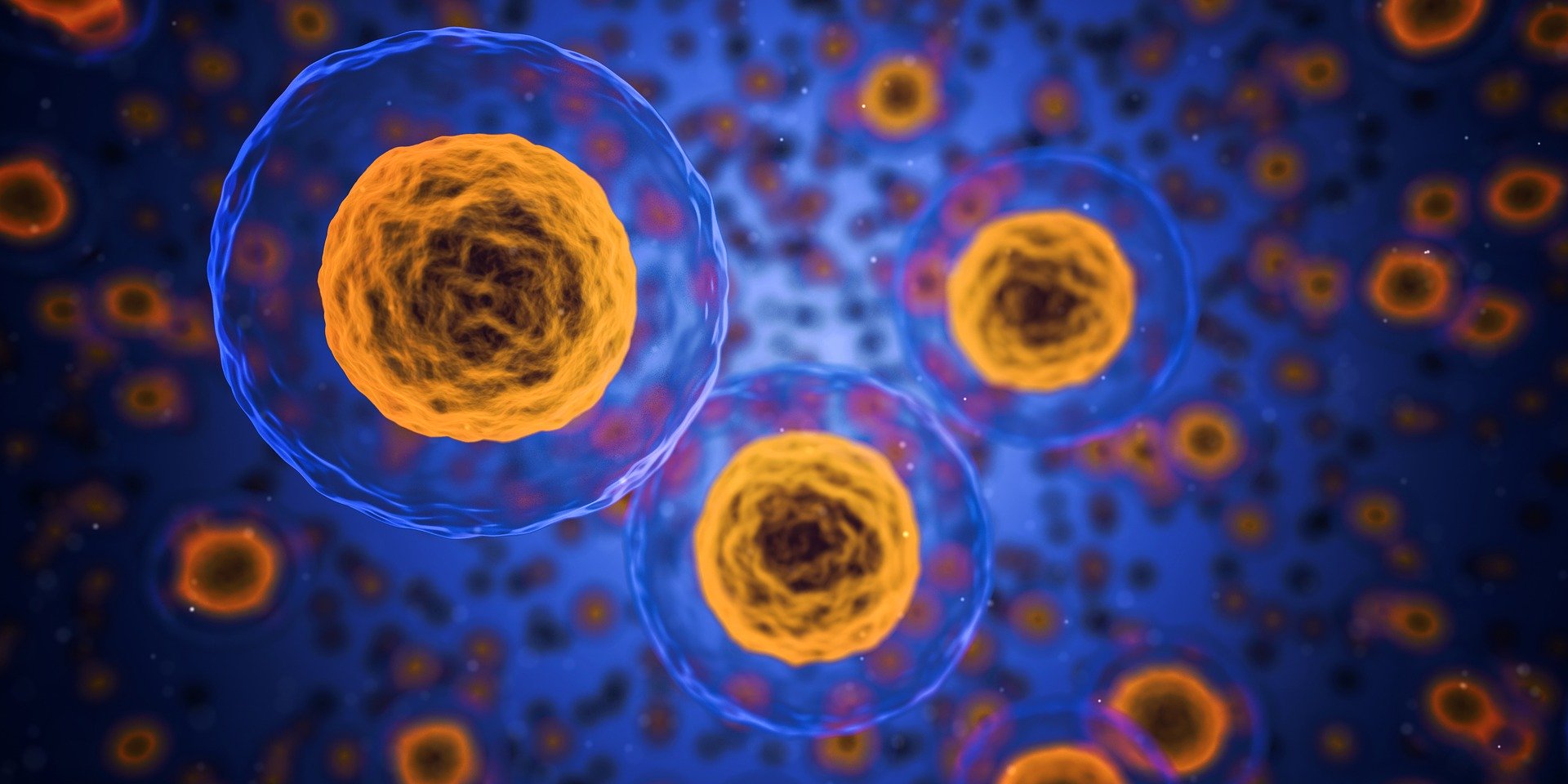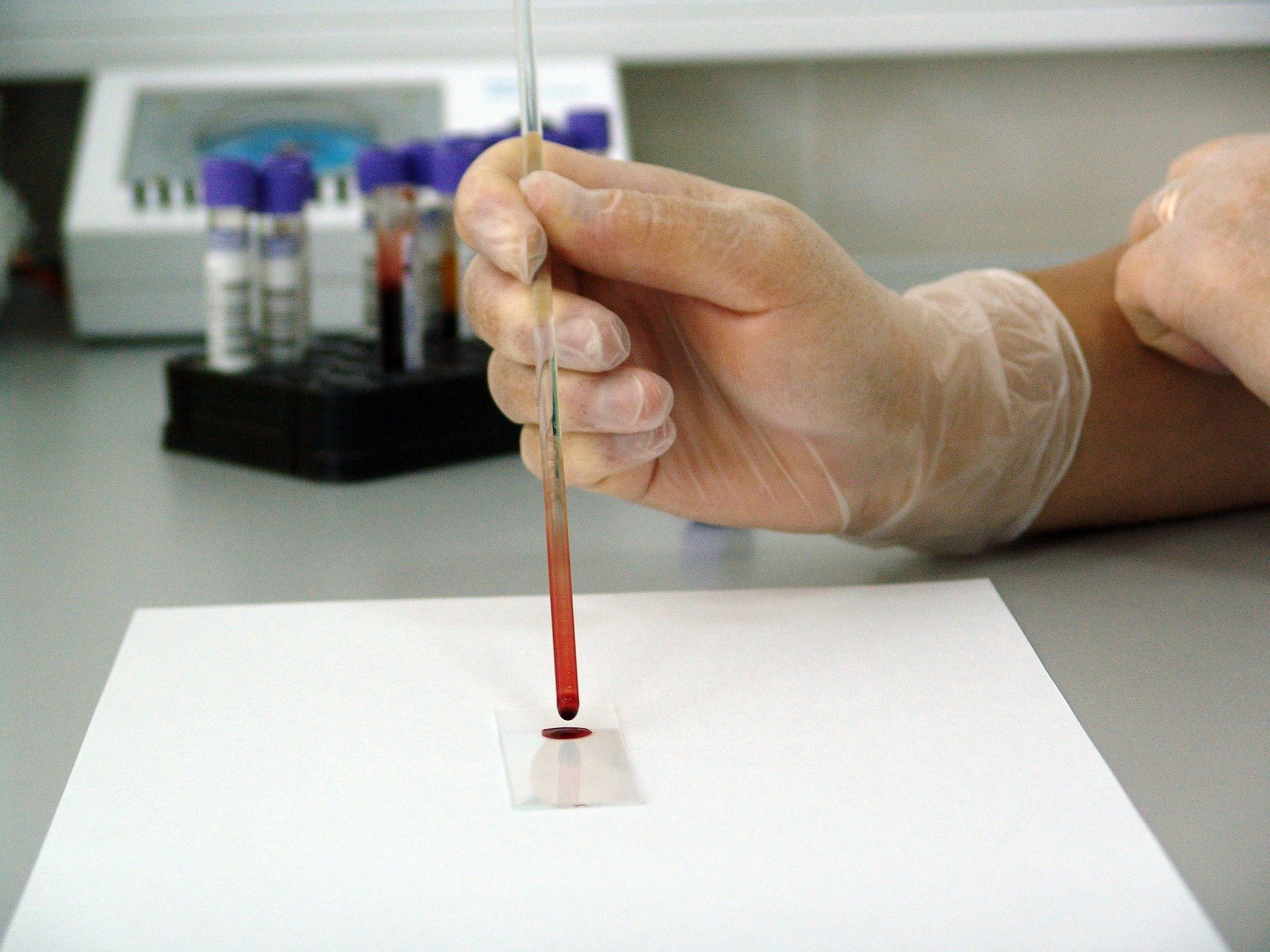In addition to innovative new antibody drugs and mRNA vaccines, researchers have found that the sleep-regulating hormone melatonin may also offer protection against COVID-19. Using a novel artificial intelligence-based platform and real patient data, researchers at the Lerner Research Institute at the Cleveland Clinic have found that taking the hormone as a supplement was associated with a 30 percent reduced chance of testing positive for COVID-19.
Melatonin, which regulates the body’s circadian rhythm and sleep-wake cycle, is also available in pill form for use as a sleep aid.
As the second wave of the pandemic continues to grip much of the world, the study is part of efforts to identify existing FDA-approved drugs that can be repurposed to treat or prevent COVID-19 as it is the most efficient and inexpensive approach.
Lerner researchers developed a novel artificial intelligence platform to identify potential drugs for COVID-19, finding melatonin to be a promising candidate.
The study was published in the journal PLOS Biology.
Related: Can Vitamin D Be Beneficial for COVID-19 Patients?
The artificial intelligence platform compared the proximity between host genes and SARS-CoV-2 proteins to that of 64 other diseases across a range of disease categories, according to the researchers at Lerner. This approach allowed them to find disease conditions similar to COVID-19 for which approved treatments were available. The researchers speculate that those same drugs could also help treat COVID-19.
As an example, the researchers observed that proteins associated with respiratory distress syndrome and sepsis — two main causes of death in patients with severe COVID-19 — were highly connected to several SARS-CoV-2 proteins.
A total of 34 drugs were identified as potential candidates for repurposing, including the antibiotic azithromycin and the iron reducer deferoxamine, which are actually already being studied in COVID-19 clinical trials. The list also included melatonin.
The study’s lead author, Feixiong Cheng, PhD, said in a release from the Cleveland Clinic, “That tells us that a drug that’s approved to treat those conditions may be capable of treating COVID-19 by acting on those shared biological targets.”
Dr. Cheng explained that COVID-19 “is a systematic disease impacting multiple cell types, tissues and organs.” Those potentially complex connections between it and other diseases are essential to understanding complications caused by COVID-19 and those potentially repurposable drugs.
In the next step, the researchers combined this information with data collected from nearly 27,000 patients in Cleveland Clinic’s COVID-19 registry. To home in on potential drugs, they combined network-based prediction and a propensity score (PS) matching observational study of individuals in the registry. Through a PS matching user active comparator design, and after adjusting for age, race, smoking history and various disease comorbidities, melatonin supplementation was associated with a 28 percent reduced likelihood of a positive COVID-19 test. This reduced likelihood was increased to 52 percent when looking at African-Americans in the registry, adjusting for the same variables. This is particularly encouraging since African-Americans have been hit hard by the novel coronavirus.
The researchers say that, “this presents an integrative network medicine platform for predicting disease manifestations associated with COVID-19 and identifying melatonin for potential prevention and treatment of COVID-19.”
However, despite the promising data associations showing melatonin’s preventative and therapeutic potential against COVID-19, people should not rush out to their local pharmacy to stock up on the hormone. The results still require further validation, including experimental and clinical evaluation.
Dr. Cheng said, “It’s important to note that this doesn’t mean people should start taking melatonin without first consulting with their healthcare provider. We’re excited about these results and to study that connection more, but large-scale observational studies and randomized controlled trials are essential to confirm what we’ve found here.”












Join or login to leave a comment
JOIN LOGIN